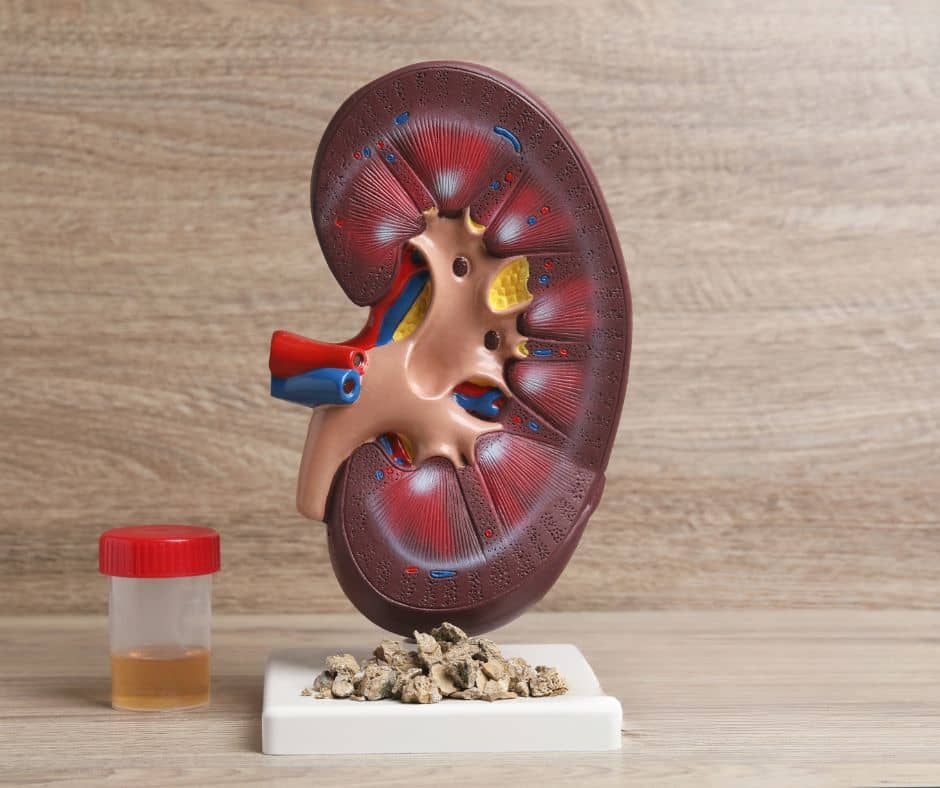
5 Facts about Chronic Kidney Disease

Chronic kidney disease (CKD) is a common disease that affects more cats than dogs. Unfortunately, symptoms often go unnoticed until a significant portion of the kidney is damaged. In this blog post, we will explore five important facts about chronic kidney failure.
1.Silent Progression of the Disease
One of the most challenging aspects of chronic kidney failure in pets is its silent progression. Clear symptoms typically do not appear until approximately 75% of the kidney tissue has been destroyed. This delay in symptom presentation often leads to late diagnosis, making early detection and intervention crucial for effective management.
2.Diverse Symptoms
Chronic kidney failure in cats and dogs presents in a variety of ways, making it difficult for pet owners to recognise the disease in its early stages. Symptoms include polyuria/polydipsia (increased urination and thirst), loss of appetite, gradual weight loss, nausea/vomiting, shaggy coat, uraemic mouth/body odour, unsteady gait, blindness and polyneuropathy. Early recognition of these signs can have a significant impact on the management of the disease.
3.Debunking Dietary Myths
Contrary to popular belief, the claim that animals with kidney disease need to be fed a low protein diet because it can further damage the kidneys has been debunked. It is important to provide high quality, easily digestible protein, such as chicken, for cats with kidney disease. Proper nutrition is critical to maintaining the overall health of the cat and supporting the weakened kidneys.
4.Phosphate Management
Damaged kidneys struggle to excrete phosphate effectively. To address this problem, substances that bind phosphate, such as Ipakitine, should be administered. It is also advisable to remove bones from the pet’s diet as they contribute to elevated phosphate levels. Managing phosphate levels is essential to slowing the progression of chronic kidney failure and improving the overall well-being of the pet.
5.Maintaining the Status Quo
Although chronic kidney failure cannot be cured, proactive measures can help maintain the status quo for as long as possible. This includes giving your pet adequate rest, minimising stress, ensuring proper hydration and, most importantly, providing an appropriate diet with the right supplements that your dog or cat will accept. Taken together, these measures will help slow the progression of the disease and improve the quality of life for your furry friend.
Conclusion
Understanding the nuances of chronic renal failure in pets is essential for early detection and effective management. By debunking dietary myths, managing phosphate levels and adopting a holistic approach to care, pet parents can play a pivotal role in supporting their furry companions through this challenging condition. Regular veterinary check-ups and a keen awareness of subtle changes in behaviour and appearance can make a significant difference to the early diagnosis and successful management of chronic kidney failure in pets.





